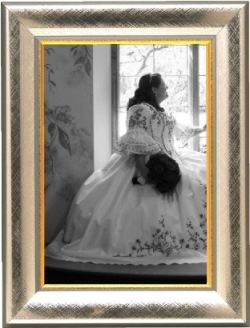Knight in Shining Armor
Folder:
Passion Poems I asked when it was going to be my turn,
to get my knight in shining armor.
You said you would be him.
Now, I sit here wondering
when are you going to rescue me.
I'm trapped in this endless night
and no light can penetrate it.
Being tortured by my captor.
Beaten and belittled, no end in sight.
Made to feel hollow, empty.
I walk with the weight of it on my shoulders
a vacant expression on my face.
I want to feel what true love
and true happiness can be like.
Are you going to be the one
to give it to me?
Since, after all, you are
My Knight in Shining Armor.

I like this poem as an example of a way you can both distance the emotion, so it is not so directly raw, and create a moving story around the emotion to protect it and yet let it have its drama. Here, in this poem, we have a lady in distress, calling out to her lover-knight to help her. That is a classic, timeless situation---and one that has been met in poetry for millenia. That gives you a great advantage, because by summoning that entire mythos into your poem, you give the immediate situation a resonance that becomes, because of its association with the mythos, timeless, and classic, and therefore more powerful than in an ordinary prose treatment. I think you would find this strategy useful.
Januarian (in Chrismation, Januarius)
fka Starward*Led